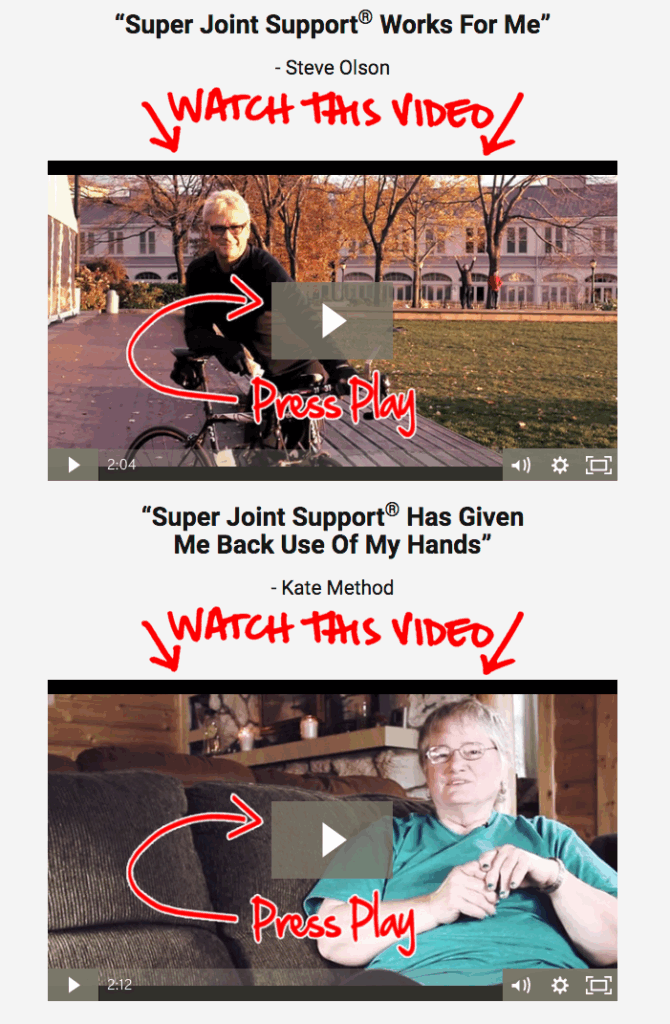Inversion tables and herniated discs are becoming more and more widely associated with each other. Inversion therapy is starting to be a recognized alternative to herniated disc surgery or steroid injections. It’s low impact, low in comparative costs, and highly successful. In fact 70% of people who tried inversion therapy were able to cancel their scheduled back surgery because it worked so well for them. So, what does this method involve and why is it so much better than surgery for some people?
Before we go any further, it’s important that you understand inversion therapy is only one of the many options for relieving your back pain. You should always consult your physician when deciding on a course of action for treating your herniated disc.
Article Con’t…
That being said, if you do try inversion therapy and you happen to be one of the 30% that it doesn’t help all that much, you can always do the surgery afterwards. So really, what do you have to lose, except your back pain?
Turn the Tables
Inversion therapy is a fairly new treatment for herniated discs. It involves using the physics of gravity to help realign your spine. What happens is you are strapped into a flat table device, and then turned completely upside down. The ability to hang from your feet takes any pressure off your spine and allows any damaged discs to move back into place and stop causing you pain.
You can try this method through a physical therapist, but inversion tables are available for home use, and The Healthy Back Institute even offers free shipping on theirs. That way you can try this up and coming technique in the comfort of your own home. Visit losethebackpain.com to check out their selection of home inversion tables.
Why Inversion Therapy?
Inversion therapy to treat a herniated disc is low impact on your body, your finances and your life. It doesn’t come with any horrible side effects, and won’t cost thousands of dollars and multiple days off work.
Surgery for a herniated disc involves going into your spine and removing the damaged disc, and possibly replacing it with a prosthetic disc in a separate procedure. It can involve high costs, especially if your insurance isn’t very good, and weeks off of work. Most people can’t do any driving for at least two weeks following the procedure. And unless you can work from home, you’re out of luck if you were planning a two week vacation at Christmas. Additionally, the procedure comes with all the typical risks of surgery as well as paralysis and possible death if something goes wrong. While it does help some people, it isn’t right for everyone.
The same can be said for the steroid injections. They work by injecting medication straight into the affected area. It’s intended to reduce swelling so that the disc can make its way back into place on its own. Again, some people have good luck with this technique and others don’t. It’s still very costly and requires repeated visits to the doctor to receive them, meaning more time off work. Inversion tables and herniated discs may be the best partnership for back pain relief to come along in a long time. For more information, visit losethebackpain.com today.






